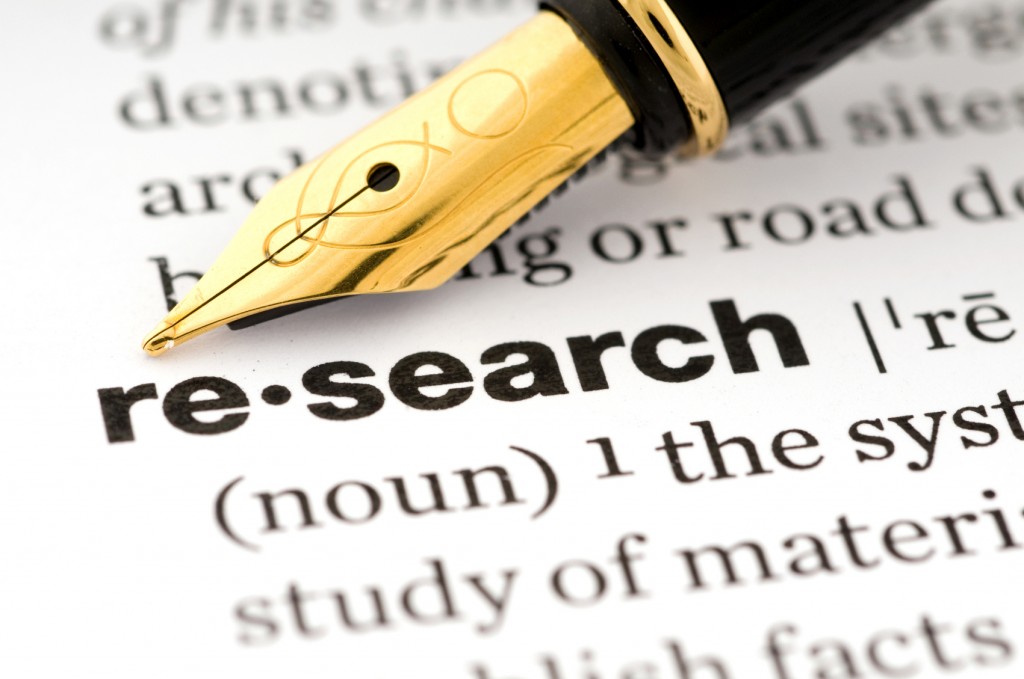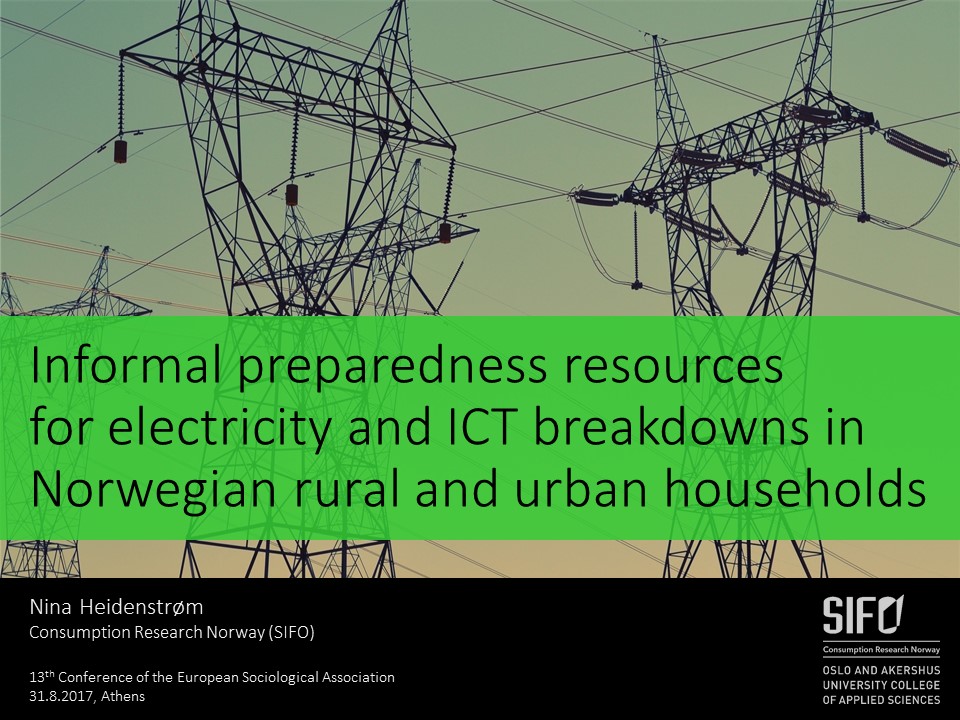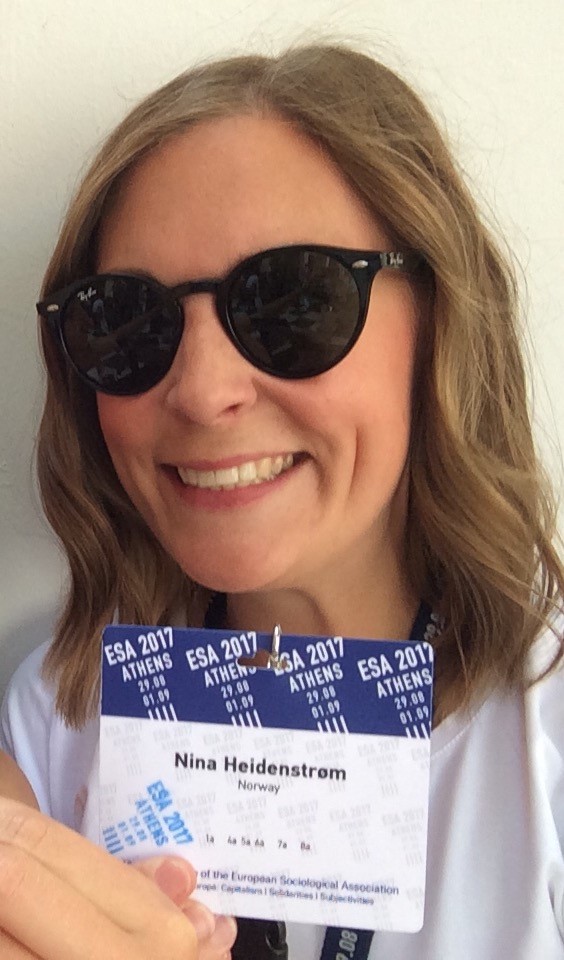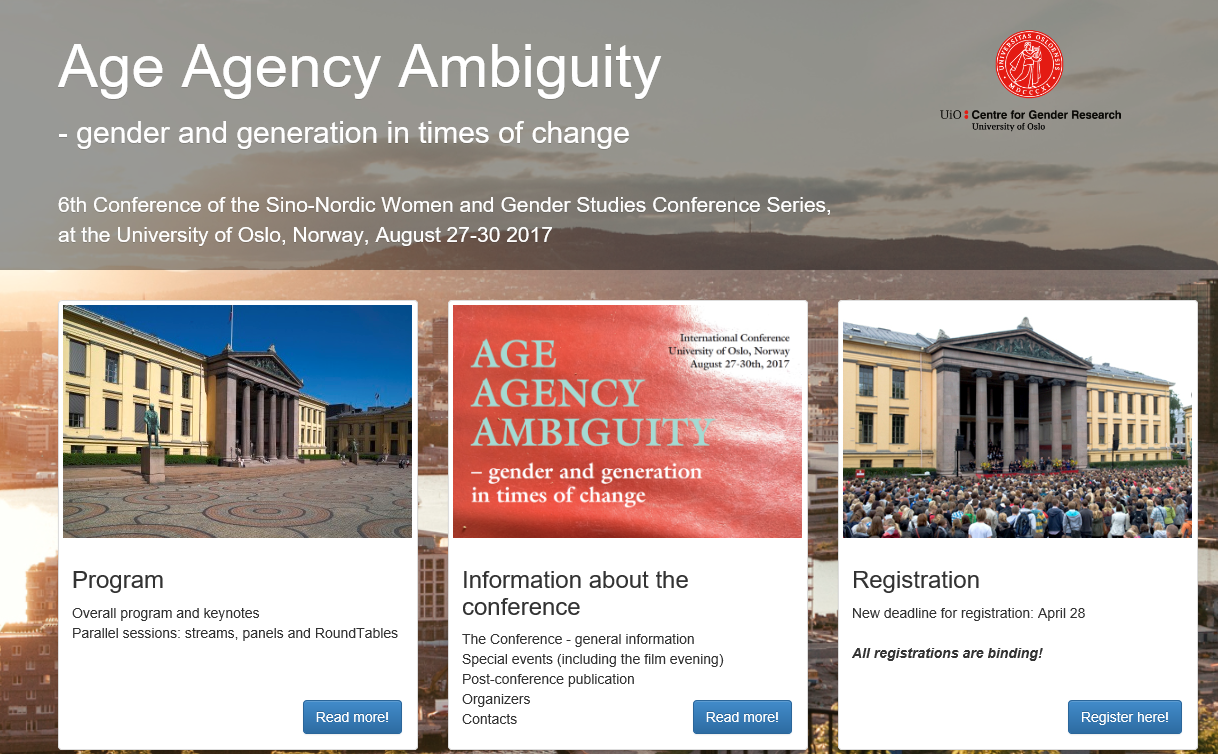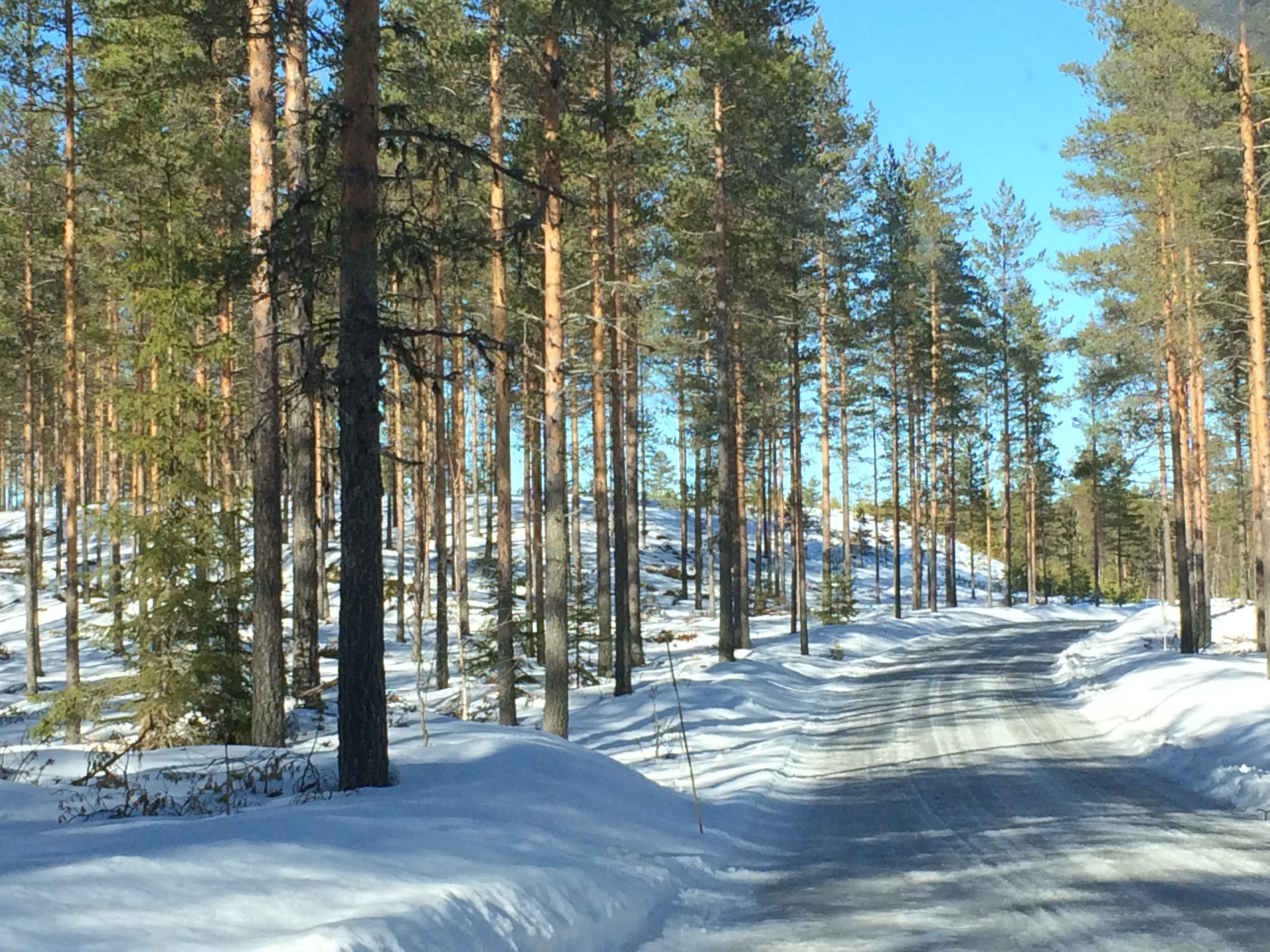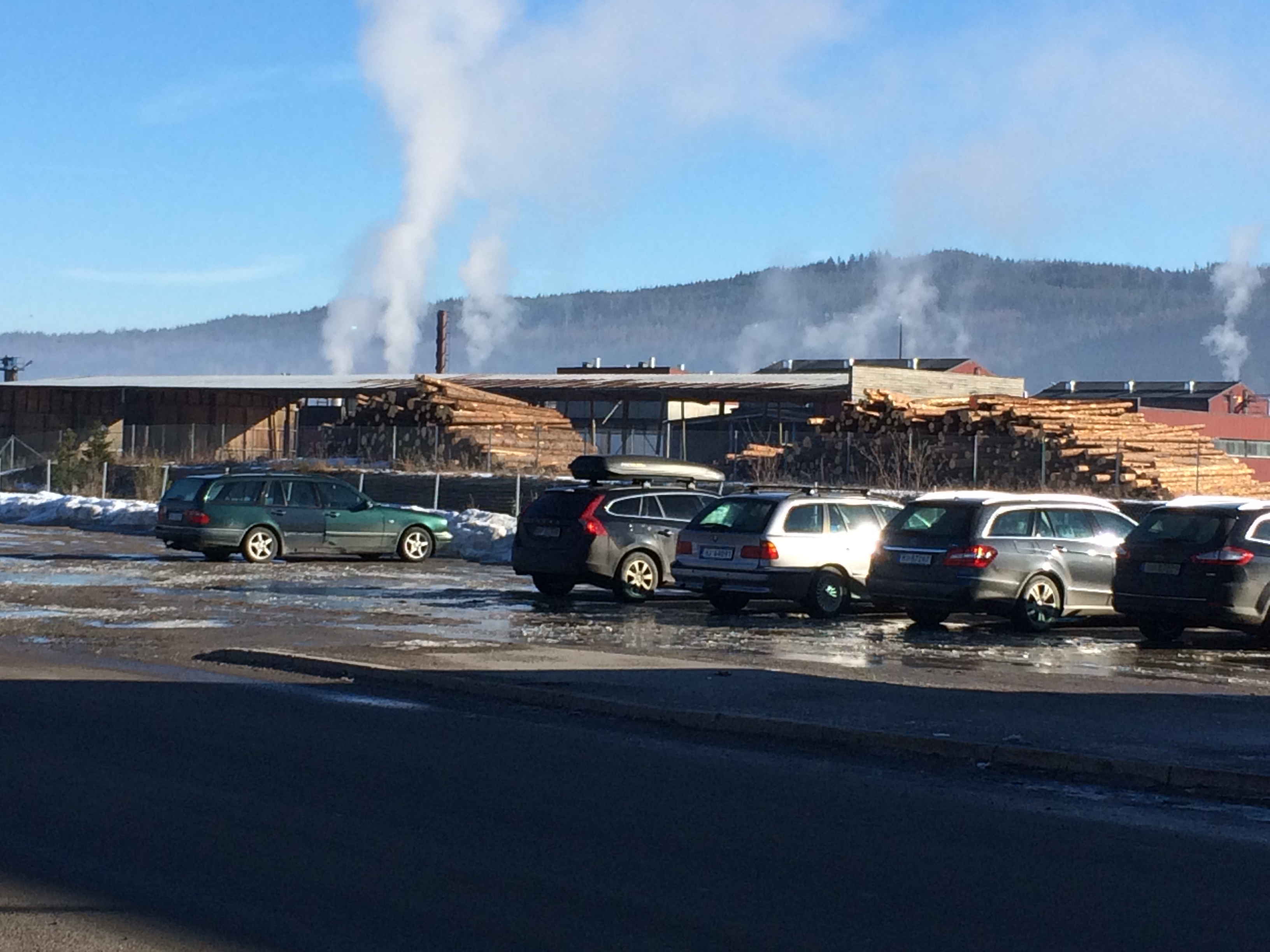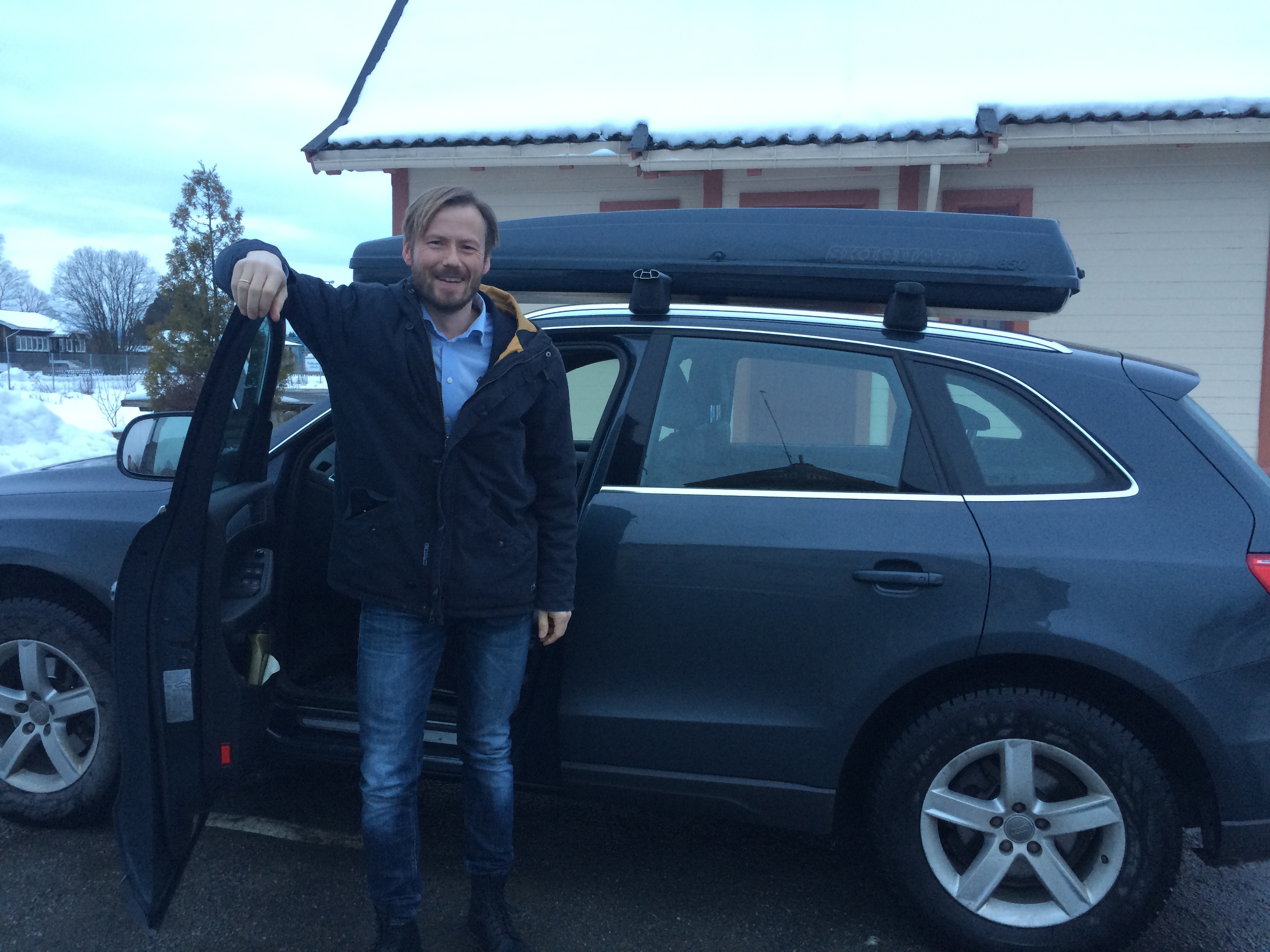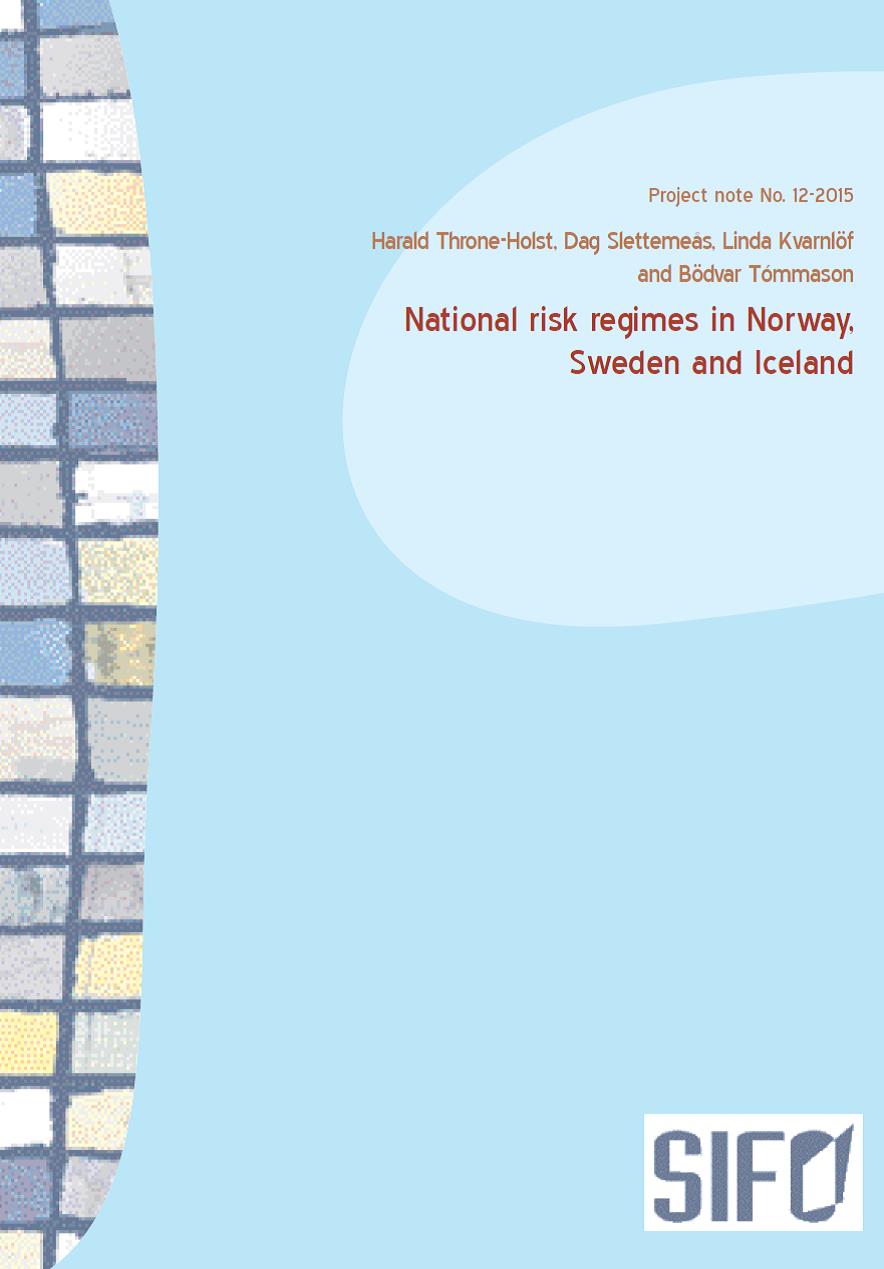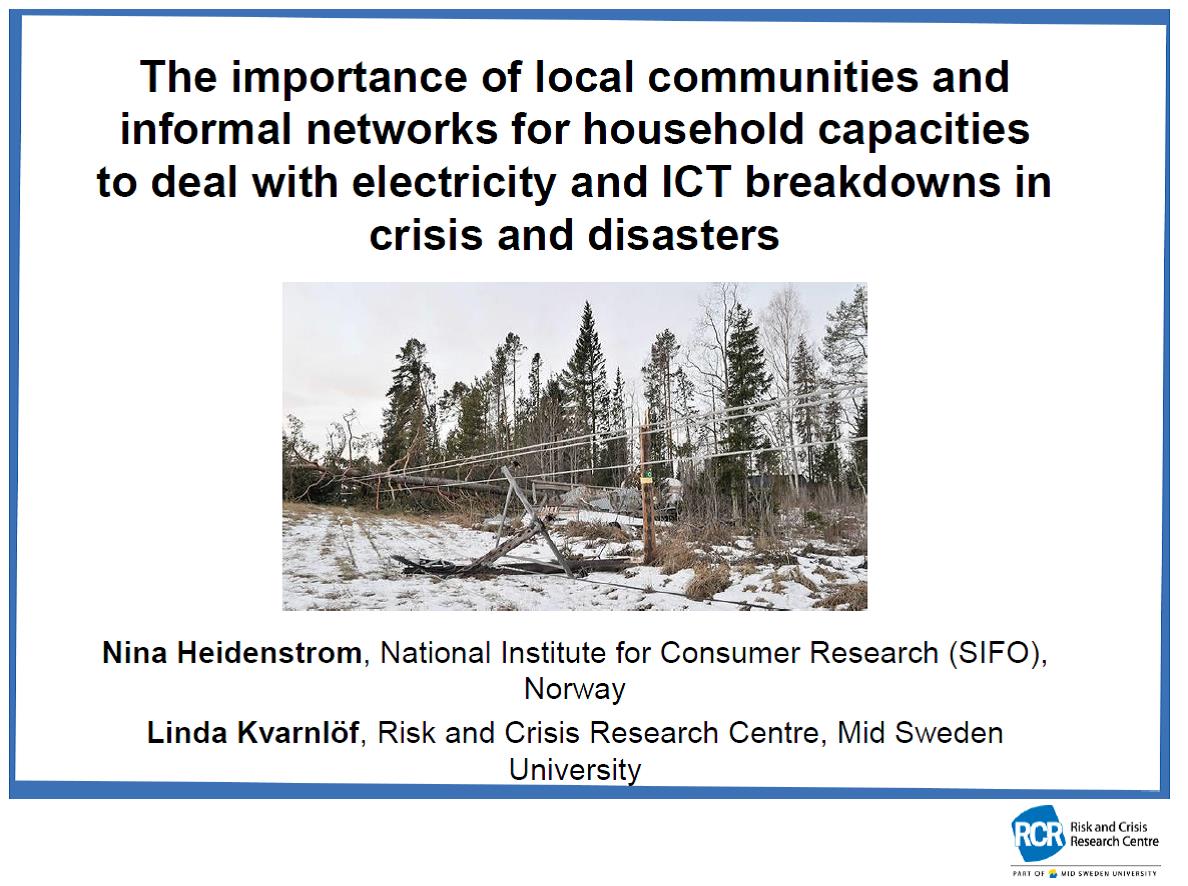Preliminary findings from the Homerisk Project will be presented at Samrisk II Conference october 27th 2017
The Research program Samrisk II – which has funded the Homerisk project – is now moving towards its end and the Research Council of Norway is arranging a conference on october 27th at HIOA to sum up the main results. You find more information about the conference and how to register here.
Nina Heidenstrøm will – on behalf of SIFO and the Project group – present preliminary findings and recommendations from Homerisk at the conference under theme b (Sosiale strukturer, verdier og tillit). There will be possibilities for questions and discussion. 
Head of Research Torvald Tangeland from SIFO will also be present at the conference (PI Ardis Storm-Mathisen can unfortunately not attend the conference due to fieldwork abroad on another Research Council Project).
Welcome!
